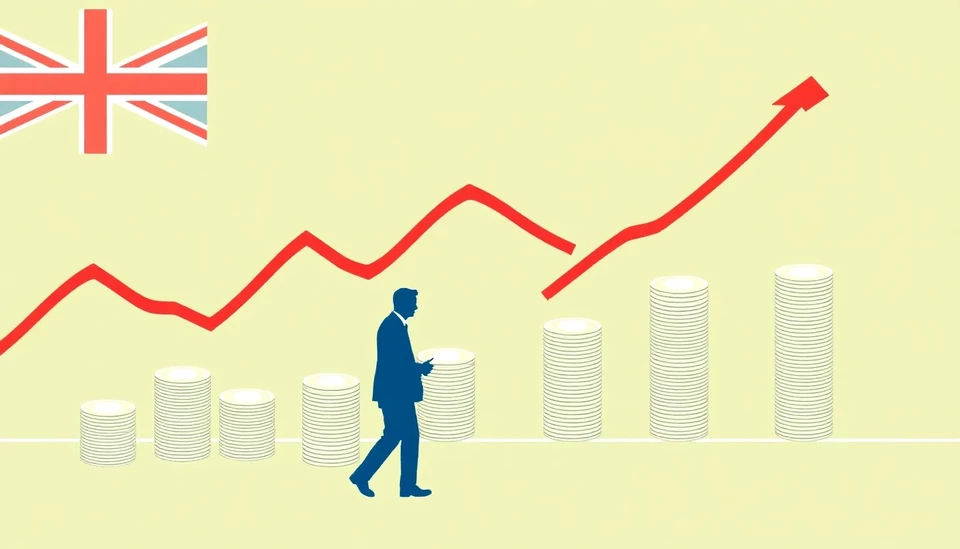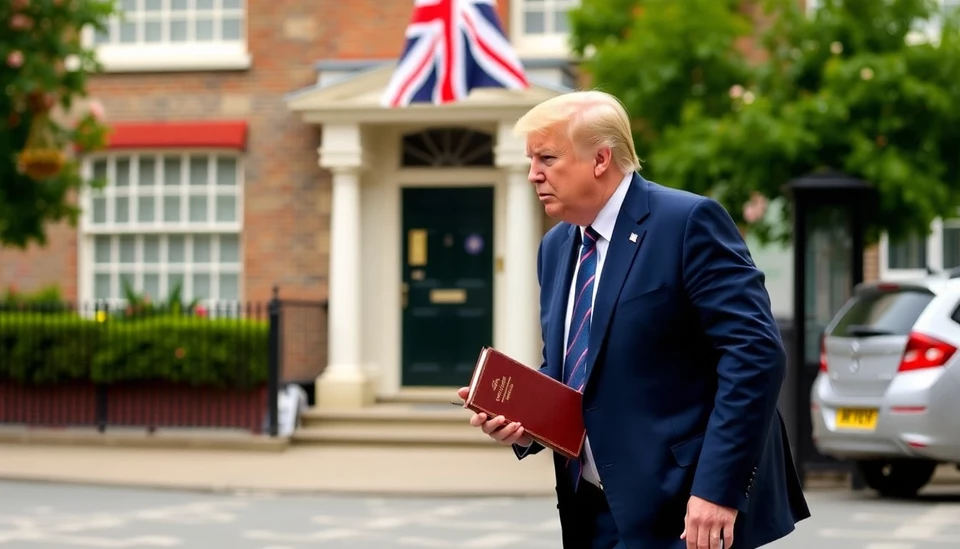
The UK's economy has revealed disappointing growth figures for November, coming in below forecasts and sparking concerns about the country’s economic trajectory. According to recent data from the Office for National Statistics (ONS), the GDP growth rate for November was recorded at 0.1%, a figure that underwhelmed analysts who anticipated a more substantial increase of around 0.3%.
This stagnation in growth comes at a critical time for the Labour Party, particularly for its leader, Rachel Reeves, who has been vocal about the need for robust economic indicators to support her party's agenda. The lackluster performance has raised questions about the effectiveness of current economic policies and the potential implications for future elections.
Economists point out that several factors contributed to this sluggish growth. The services sector, which is a significant component of the UK economy, showed signs of weakness, particularly in areas such as hospitality and consumer-facing businesses. Additionally, the ongoing cost-of-living crisis continues to strain household budgets, dampening consumer spending and overall economic activity.
The economic challenges have prompted renewed discussions regarding the government's fiscal strategies and the importance of stimulating growth. Critics of the current administration argue that more aggressive measures are needed to bolster the economy, especially in light of the recent growth figures which may undercut public confidence in the government's ability to manage economic recovery.
As the Labour Party prepares for its upcoming campaigns, the emphasis on economic recovery will be crucial. Reeves' team is already strategizing on how to address these figures in a way that resonates with voters, positioning their proposals as solutions to the very issues that have led to these stagnated results.
Mood in the financial markets has also been affected, with investor sentiments becoming more cautious following the announcement. The data indicates just how fragile the UK's economic standing remains, a sentiment echoed by several analysts who are now recalibrating their expectations for future growth.
The focus will now shift towards upcoming government policies that will be introduced in the new financial year. These policies will undoubtedly be under scrutiny as both the public and political opponents will demand clarity on how the government plans to stimulate economic growth amidst these challenges.
In summary, the UK's November economic growth figures pose a considerable hurdle for the government and its political challengers as they navigate a complex landscape. The outcome of these economic indicators not only reflects immediate fiscal health but also sets the stage for future political dynamics in the run-up to the next election, emphasizing the urgent need for sound economic strategies moving forward.
#UKEconomy #GDP #RachelReeves #EconomicGrowth #LabourParty #CostOfLiving #FinancialMarkets
Author: Laura Mitchell




